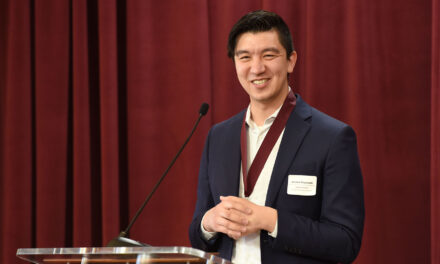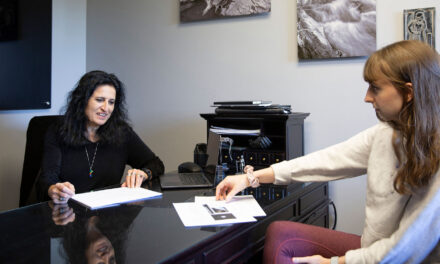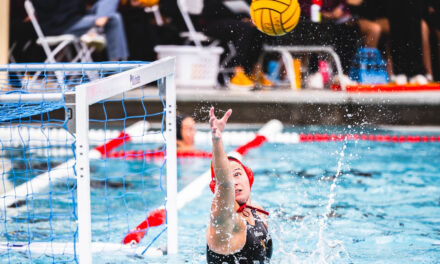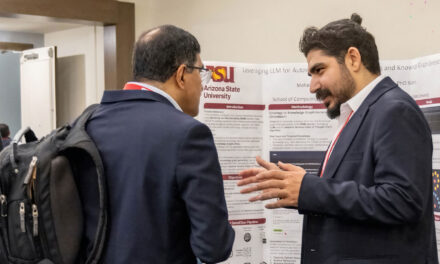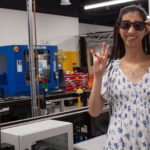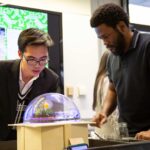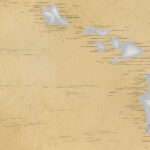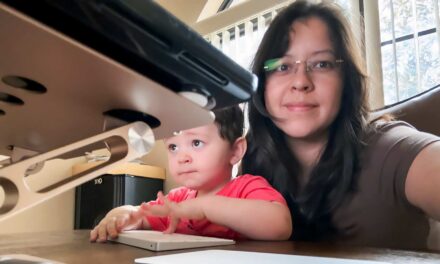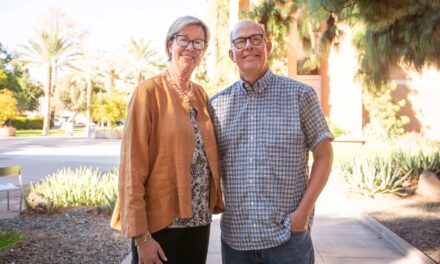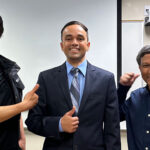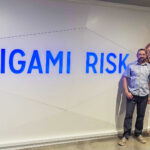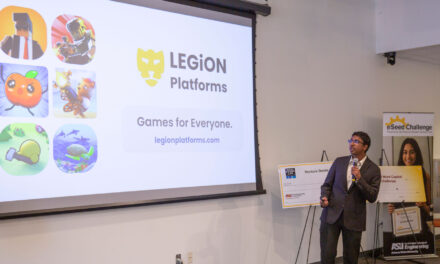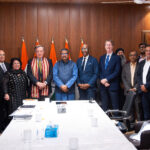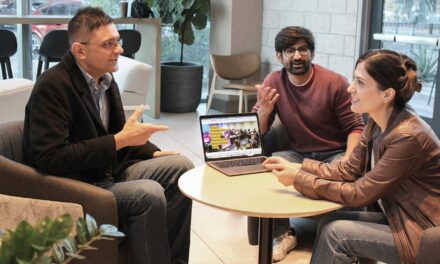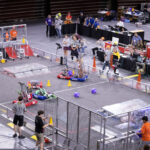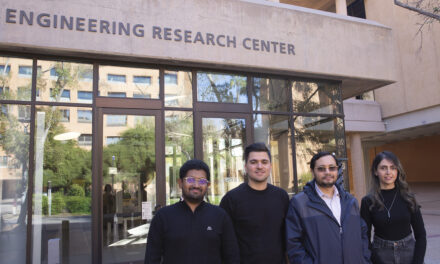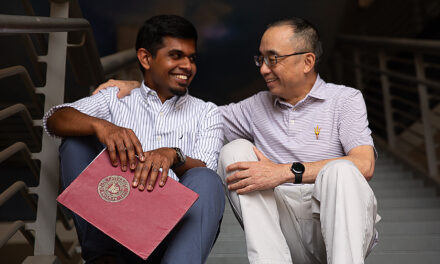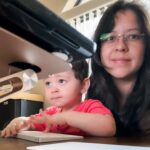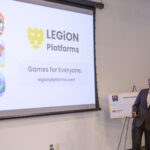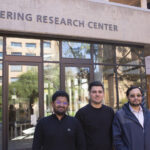
Student team earns support for social entrepreneurship project
Posted: June 27, 2012
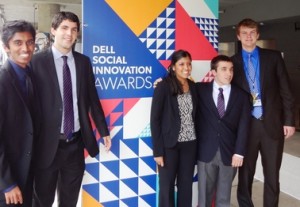
Team 33 Buckets was one of only five teams from around the world to earn a spot in the final round of competition in the international Dell Social Innovation Challenge for student social entrepreneurship ventures. Team members are (left to right) ASU engineering students Varendra Silva, Mark Huerta, Pankti Shah, Paul Strong and Connor Wiegand. Photo by: Courtesy of Dell Social Innovation Challenge
Mark Huerta will be one of only 20 college students selected from around the world to participate in the Dell Summer Social Innovation Lab for leaders of social entrepreneurship projects.
The Arizona State University senior biomedical engineering major is one of only several participants to be awarded a full scholarship to cover the nearly $5,000 cost of attending the lab from July 14 through Aug. 4 near Boston.
The opportunity arose through the 33 Buckets project, which won Huerta and four fellow ASU engineering students a spot in the final round of the international Dell Social Innovation Challenge in June at the University of Texas at Austin.
The team was one of only five to earn a place in the finals – from among approximately 1,700 teams worldwide that initially entered the student competition.
The team is designing and building a water-filtration system for use in rural Bangladesh, where water contamination – particularly from arsenic – is a significant cause of health problems, including diseases.
The system is to first be used by a local school for girls and be capable of providing up to 4,000 gallons of clean water a day – giving the school an extra 2,000 gallons that could be sold to residents of the village to raise funds for school repairs and for maintaining the filtration system.
33 Buckets team members made a trip to Bangladesh recently to do field work in preparation for implementing the project.
Competing at the Dell Challenge finals against teams of students from prominent universities such as Stanford, Duke, the Massachusetts Institute of Technology and Harvard, among others, 33 Buckets team members came well prepared “and they met the high-stakes, high-pressure challenge” said Richard Filley.
Filley is the director of the Engineering Projects in Community Service (EPICS) program in the Ira A. Fulton Schools of Engineering. The 33 Buckets project grew out of ideas generated in the EPICS program.
Teams at the Dell Challenge went through several rounds of presentations on their projects, followed by question-and-answer sessions with judges.
The three teams that took the top prizes consisted of graduate students, Filley noted, making 33 Buckets the leading team of undergraduate students in the competition.
For its performance, the team will receive mentoring over the next year from engineers and entrepreneurship experts with the Dell computer technology corporation.
33 Buckets also won $5,000 to help fund future travel needed to advance its project. The team will also receive about $5,000 worth of technology from Dell to use for its project, including a laptop, desktop computer and camera.
At the event, team members got to meet well-known entrepreneurs such as John Mackey, the founder of Whole Foods, the founder of Texas Disposal Systems founder Jim Gregory, Dell Challenge co-founder Peter Frumkin and the founder of Dell computers, Michael Dell.
“It was great for networking,” said team member Varendra Silva, a senior biomedical engineering major. “They made us feel like we were being initiated into the Dell Social Innovation Challenge family.”
The team plans to complete a final design for its water-filtration device and produce the next prototype by the end of the year, and then return to Bangladesh next spring to set up the filtration operations.
The effort should be aided by lessons Huerta learns at the Summer Social Innovation Lab.
Presented by the Transformative Action Institute, the three-week tutorial will provide students guidance in their endeavors from experienced business developers, investors, educators, project designers and managers, and experts in a range of other fields.
Written by Joe Kullman and Natalie Pierce


